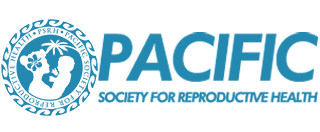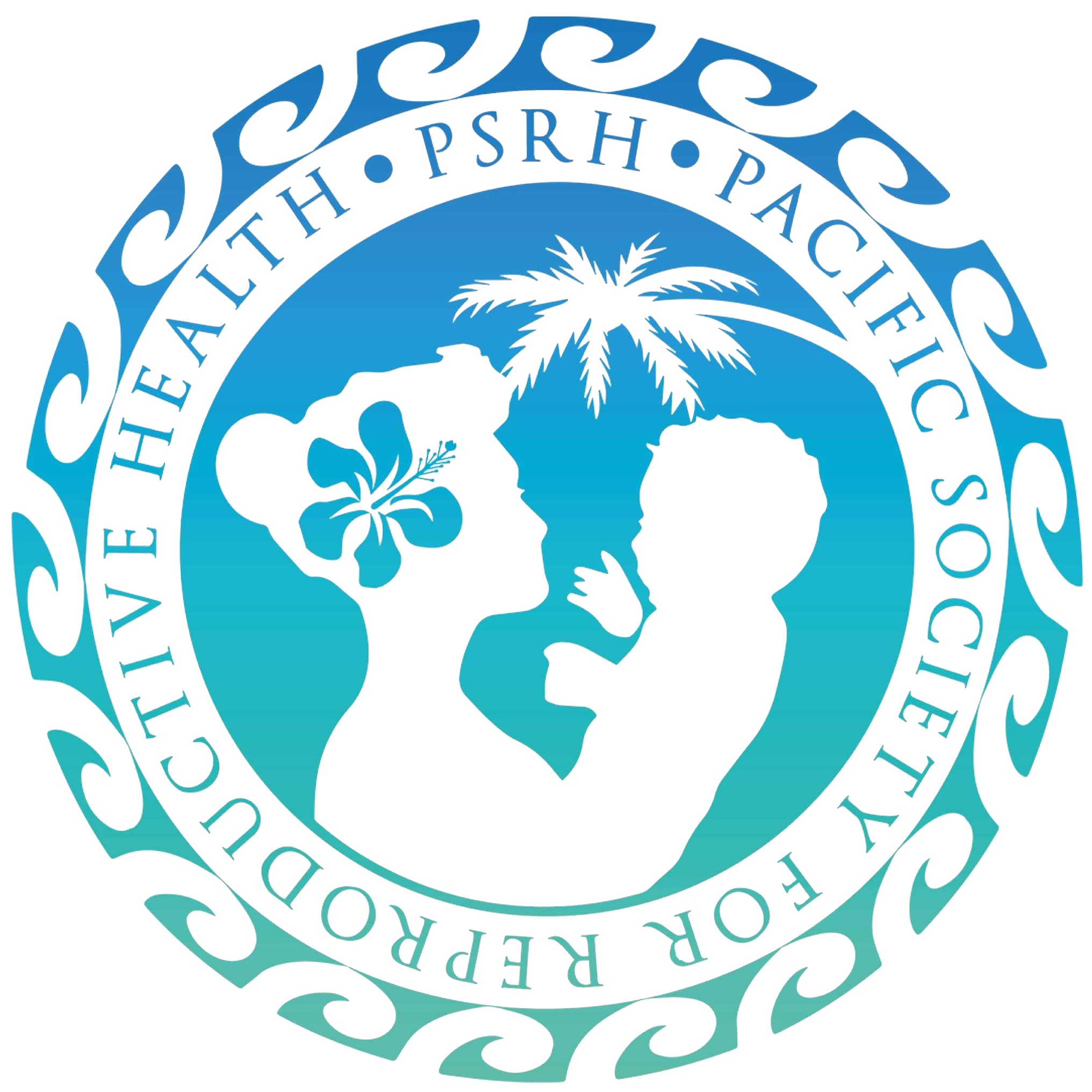Recent WHO work and important documents by partners in the area of Reproductive Health, Maternal-Newborn, Child and Adolescent Health (RMNCAH) and health through the life-course (April 2018)
Protecting, promoting, and supp
1.Protecting, promoting, and supporting breastfeeding in facilities providing maternity and newborn services: the revised Baby-friendly Hospital Initiative 2018 Implementation Guidance.
 |
WHO and UNICEF issued new ten-step guidance to increase support for breastfeeding in health facilities that provide maternity and newborn services. The updated guidance is intended for all those who set policy for, or offer care to, pregnant women, families and infants: governments; national managers of maternal and child health programmes in general, and of breastfeeding- and Baby-friendly Hospital Initiative (BFHI)-related programmes in particular; and health-facility managers at different levels (facility directors, medical directors, chiefs of maternity and neonatal wards). The document presents the first revision of the Ten Steps since 1989. The topic of each step is unchanged, but wording has been updated in line with evidence-based guidelines and global health policy. http://www.who.int/nutrition/publications/infantfeeding/bfhi-implementation/en/ |
 |
Related documents
|
2 .Standards for improving the quality of care for children and young adolescents in health facilities
|
|
On 24 April 2018, WHO launched Standards for improving quality of care for children and young adolescents in health facilities. These paediatric standards take into consideration a child’s right to health while recognizing that their health; physical, psychosocial, developmental and communication needs differ from those of adults. |
3. Civil Registration and Vital Statistics (CRVS)
|
|
A well-functioning CRVS system registers all births and deaths, issues birth and death certificates, and compiles and disseminates vital statistics, including cause of death information. It may also record marriages and divorces. Despite the well-documented benefits of CRVS, many countries do not have adequate systems in place. The births of tens of millions of children are known to be unregistered every year, and it is estimated that two-thirds of deaths are never registered. WHO and UNICEF called for greater commitment to strengthen CRVS systems.
|
4. Factsheets
5. WHO publications/information
- Universal Health Coverage and Sustainable Development Goal country profiles for the Western Pacific Region
- 71st World Health Assembly site
- World Health Day Site – 7 April 2018
- Revised SAGE recommendation on use of dengue vaccine
- World Immunization Week, 24-30 April 2018
- The Global Early Adolescent Study (GEAS) Tool Kit
- HRP annual report 2017
- Classification of digital health interventions v1.0





